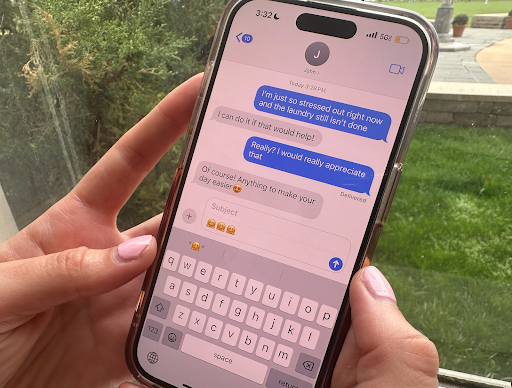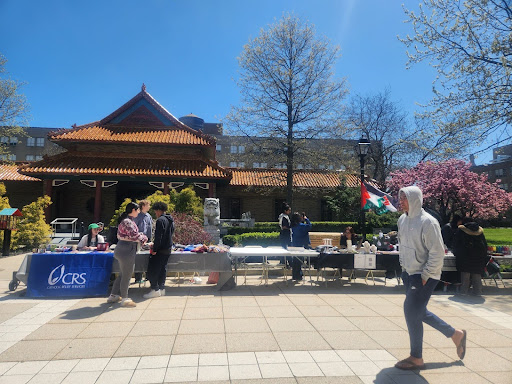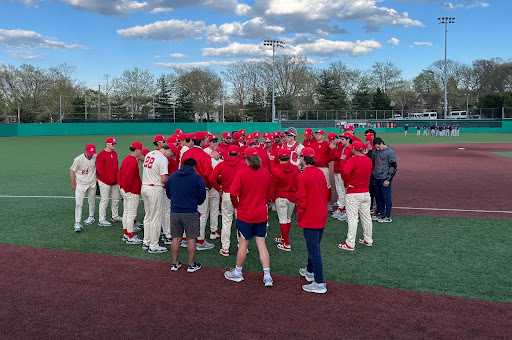For the over achievers who obtained straight A’s since birth, there is the academic scholarship. For the superstars who know how to throw a ball into a hoop or across the field, there is the sports scholarship. For those whose families make a low income or have multiple siblings in college, there’s financial aid help. But what if you don’t fall under any of those categories? Your high school grades were so-so, you can’t catch a ball to save your life, and you’re the only child in your family who attends college. This usually means that hours of completing FAFSA seems pointless, because when you get back your financial aid packet you see more zeros on what you owe than on what you are receiving. Does this mean that you cannot attend the college of your dreams?
No, not necessarily. Millions of students across the globe turn to private loans when they are in a financial gutter. And in some cases, this is the only way for them to even attend the university of their dreams, or any college at all. Research shows that the percentage of students applying for private loans is increasing by the year. The amount loaned to students nearly tripled between 2001 and 2006, from $6.1 billion to $17.3 billion, according to an annual student-aid survey released by the College Board.
So what’s the big deal? Borrow money now, pay back later, right? Wrong. Private loan companies profit by charging students high interest rates meaning that you initially can take out a 50,000 loan to finance your education. Yet, even six months after you graduate, the usual time span when graduates begin paying off their loans, you would most likely find yourself needing to pay back an estimate of $65,000-$100,000 to the lender.
Historically, private lenders have marketed loans to students in professional schools who have high earning potential once they graduate. But increasingly, they are targeting undergraduates. What’s more, although students are informed about the interest rates when applying for these loans, some do not calculate exactly what they will owe after graduation, so when it is finally time to pay up, they are in complete shock. “It’s almost like a credit card, but worse,” said junior Meagan Williams, who takes out private loans to fund her education. “You want the shoes now. The clothes now. The food now. Then you will pay later. But if later becomes forgotten, you owe a lot more than you anticipated.”
More now than ever a college education is crucial for anyone hoping to join the work force, resulting in thousands of students turning to private loan lenders and regretting it years after as they watch their severe debt grow month after month.
Junior David Librot, who works two jobs to stay at St. John’s, noted, “I feel like I’m trapped in a lose-lose situation. If I don’t go to school, I’m screwed. If I take out a loan, I’m screwed. I feel that the government and universities need to come together and solve this national problem; they are only hurting the younger generation.”
Education experts are calling on the federal government to raise the amount it will loan students and to give them more grants to keep them from having to turn to private loans. In the past five years, the cost of attending a public university has risen 35 percent after adjusting for inflation, according to the College Board.
Does this mean that private loans should automatically be scratched off the “how to pay for college” list? Not at all, since private loans can in fact be a huge help for millions of students across the globe – just as long as they do some research when applying for these loans to guarantee that they can handle them.
Before applying for any private loans, however, you should exhaust all federal loan possibilities as well as state and institutional grants. Talk to a financial advisor, parents, and alumni to gain their advice and tips, which could help you save thousands of dollars. If the ending amount you have to pay still seems to be on the high side, try to consider other colleges that may offer you more money.
So, although private loans may seem good on paper, they can end up hitting your wallet hard in practice. Before you even consider them, make sure you are prepared for the high interest rates and, of course, exhaust all your options in terms of government grants first and foremost. Sure, money should not be the main concern when it comes to education, but welcome to college!
















